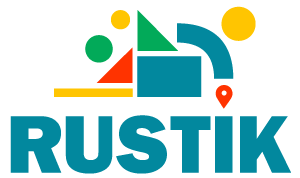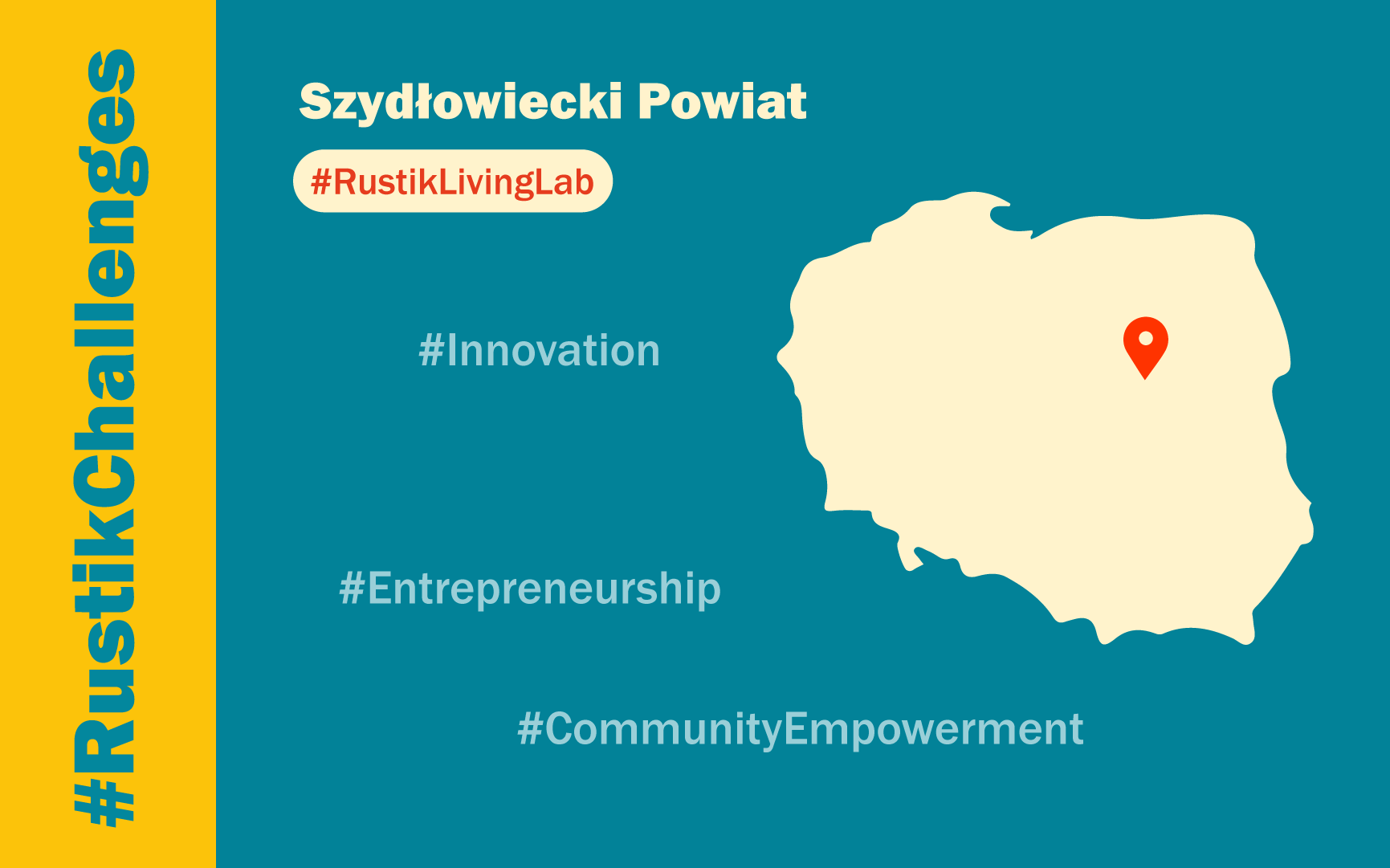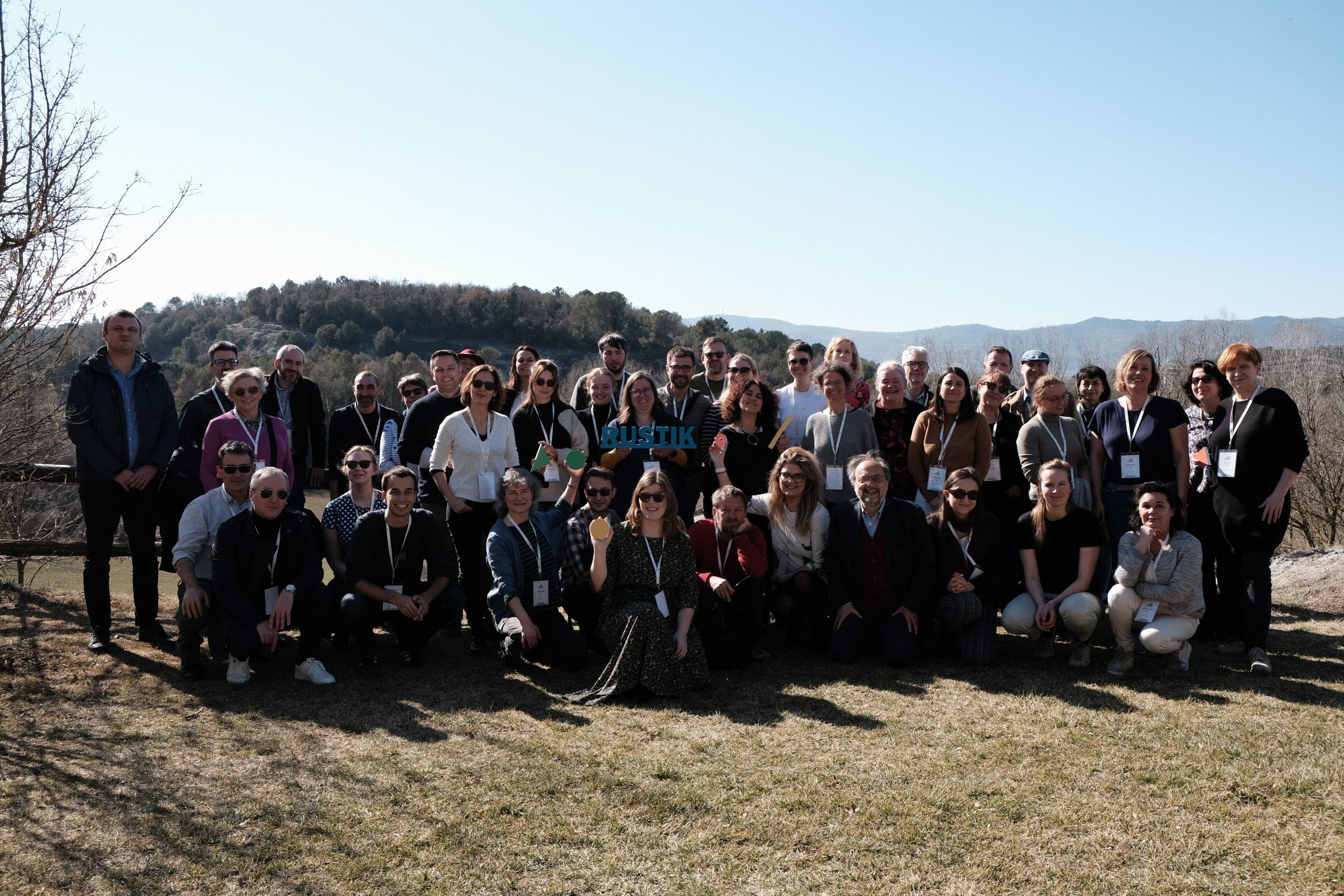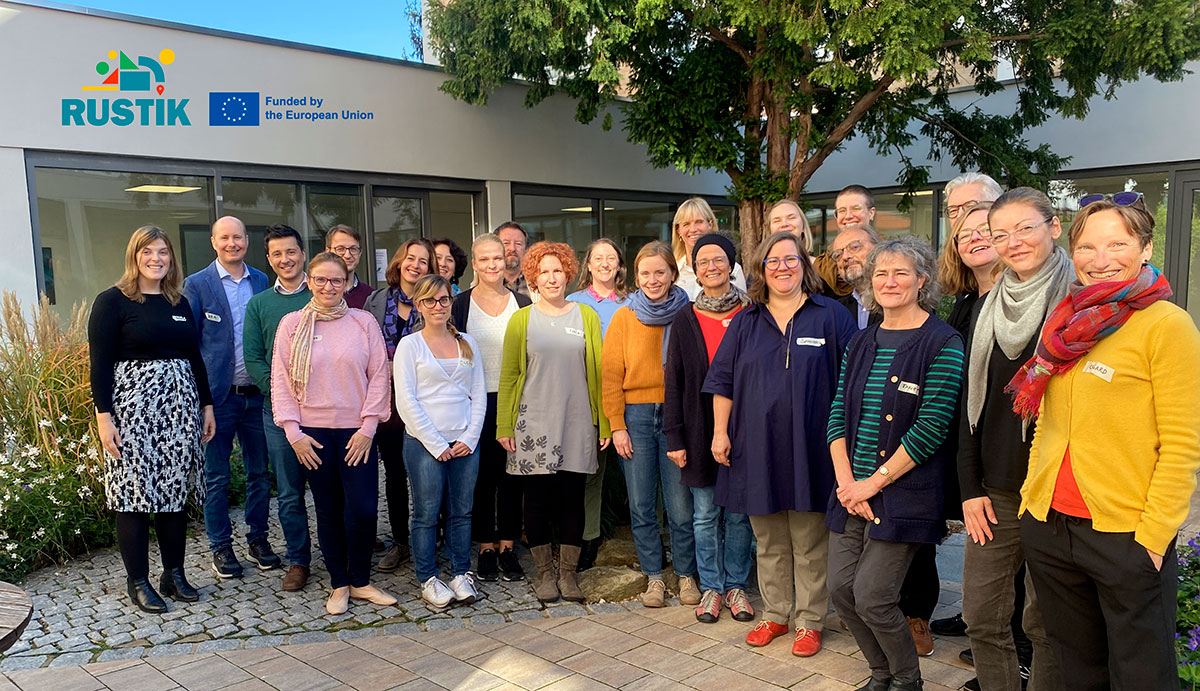Nestled in the south-western corner of the Mazowieckie voivodeship lies the Szydłowiecki powiat. A district brimming with potential yet facing its fair share of socio-economic and demographic challenges. With a strategic position along the vital S7 express road, connecting major cities like Warsaw and Kraków, this region holds promise for development. However, to harness this potential fully, a transition from a traditional farming-based economy to a more diversified and modern economic landscape is imperative.
Challenges and Opportunities:
The main challenge facing the Szydłowiecki powiat is its transition from a predominantly agrarian economy to one that is more production and consumption-oriented. This transition demands not only economic restructuring but also an increase in spatial mobility and job opportunities. Despite its strategic location, economic dynamics have been sluggish, leading to high unemployment rates, particularly among the youth. Moreover, the district grapples with population outflow, aging demographics, and infrastructure deficiencies.
However, within these challenges lie opportunities for growth. The Living Lab initiative aims to tap into these opportunities by focusing on entrepreneurship development, leveraging the region’s natural resources, cultural heritage, and strengthening local networks. With five municipalities, each with its unique strengths and proximity to urban centers, there’s potential for economic revitalization.
Living Lab: A Path to Transformation:
The Living Lab initiative seeks to address these challenges head-on by fostering entrepreneurship, promoting local heritage, and enhancing connectivity. By harnessing natural resources like sandstone, iron ore, and chocolate flint abundant in Orońsko municipality, the region can drive economic and social development. Additionally, raising awareness about local cultural heritage and traditions can attract tourism and stimulate local businesses.
Research Questions and Data Needs:
To guide this transformative journey, several research questions need to be addressed:
- What are the essential components of local development potential?
- Which best practices from other regions can be adapted to address local challenges?
- What new data sources and collection methods are needed to understand the local challenge better?
- Which data is essential to develop a local index of entrepreneurship development potential?
Empowering through Data and Collaboration:
Access to diverse data sources and collaboration among stakeholders are crucial for informed decision-making. The Living Lab will leverage secondary data, spatial information, primary data from surveys and interviews, and additional tools like Maptionnaire to fill existing data gaps. Collaboration with local communities, businesses, research institutions, and public administrations will ensure that solutions are tailored to real needs and expectations.
Building Capacities for Success:
Success in this endeavor requires building partnerships, digital competencies, and openness to modern marketing trends. By embracing innovation, creative solutions, and fostering partnerships, the Living Lab aims to unlock the full potential of Szydłowiecki powiat.
In conclusion, the Living Lab initiative holds the key to unlock the latent potential of Szydłowiecki powiat. Through entrepreneurship, leveraging natural resources, and preserving cultural heritage, this region can pave the way for sustainable development and prosperity. With collaborative efforts and data-driven insights, the journey towards transformation begins, promising a brighter future for generations to come.



